
Derm School: Hair Shedding
It's been a stressful couple of years so it's not a surprise that hair shedding (also known as 'telogen effluvium') is one of the most common conditions that Dr. Veraitch is seeing in her Hair Clinic.
Dr. Veraitch says:
"Hair shedding is a response to stressful episodes in our lives. It can be extremely upsetting in itself. Patients usually describe excessive hair fall in the shower, on the floor and on their pillows.
Once the period of stress has passed, hair shedding usually stops and the hair grows back and thickens. But sometimes we need to look for other causes of hair loss. This could include checking bloods for signs of thyroid problems or anaemia. A scalp biopsy might be warranted if an autoimmune or inflammatory cause is suspected.
Once a diagnosis is made there are a variety of treatment options to help recover from the shedding. However, a full recovery back to baseline is not the case with everyone. If you are more prone to hormonal or genetic hair thinning (known as 'androgenetic alopecia') this can become evident for the first time. In such cases, I recommend treating the androgenetic alopecia. This can include medical treatments such as active ingredient hair growth tonics (that contain minoxidil, finasteride or melatonin), certain oral medications (spironolactone for women, oral minoxidil and finasteride) and courses of platelet rich fibrin (PRF).
It's always worthwhile seeing a Consultant Dermatologist with expertise in hair, in order for a correct diagnosis and evidence based management plan to be made".
If you are suffering from a hair condition and need support from an award-winning and highly respected Consultant Dermatologist, book an appointment today at Dr Veraitch's London Clinic.
Shop the full Dr. Ophelia hair care range here.
Shop Bestsellers





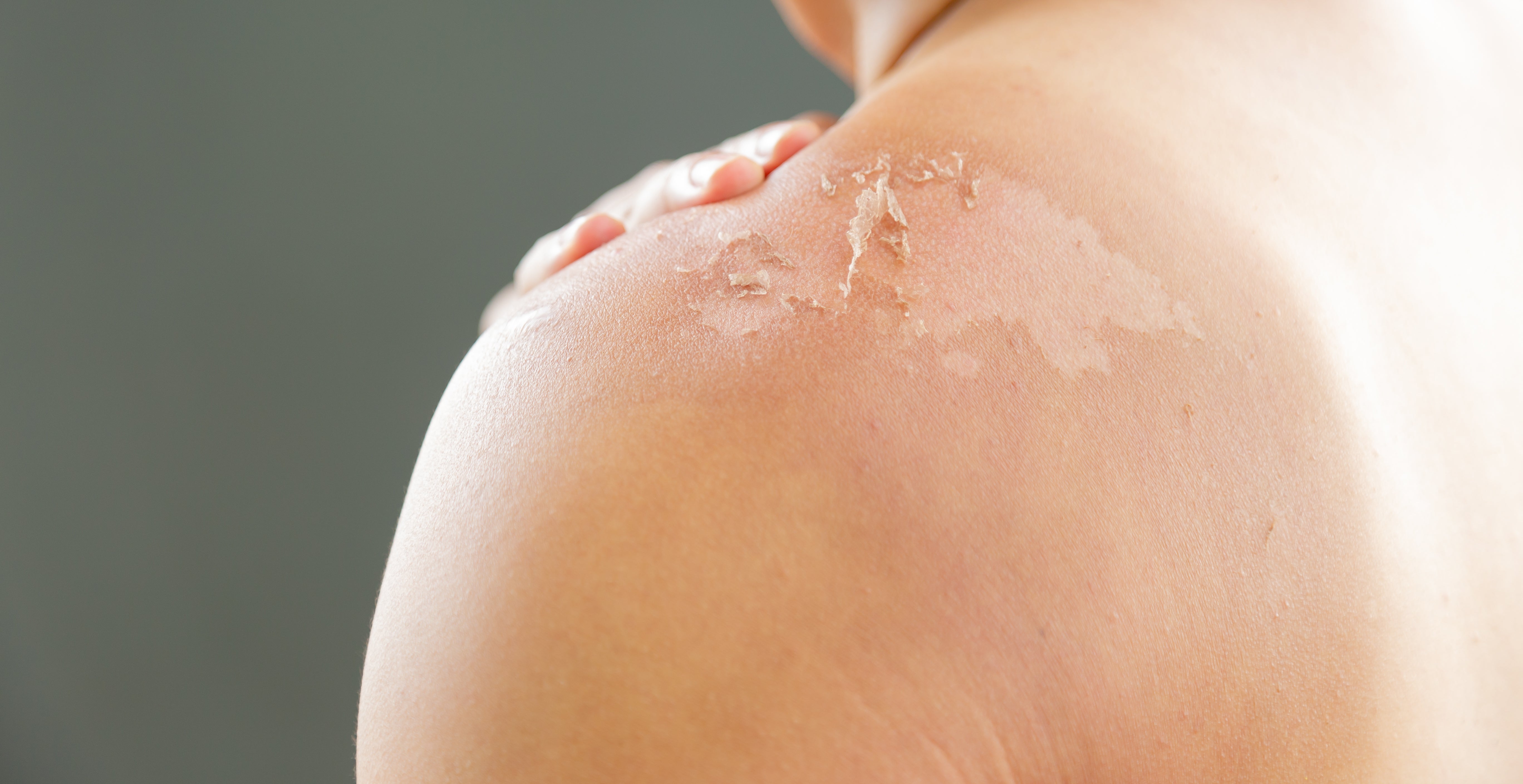

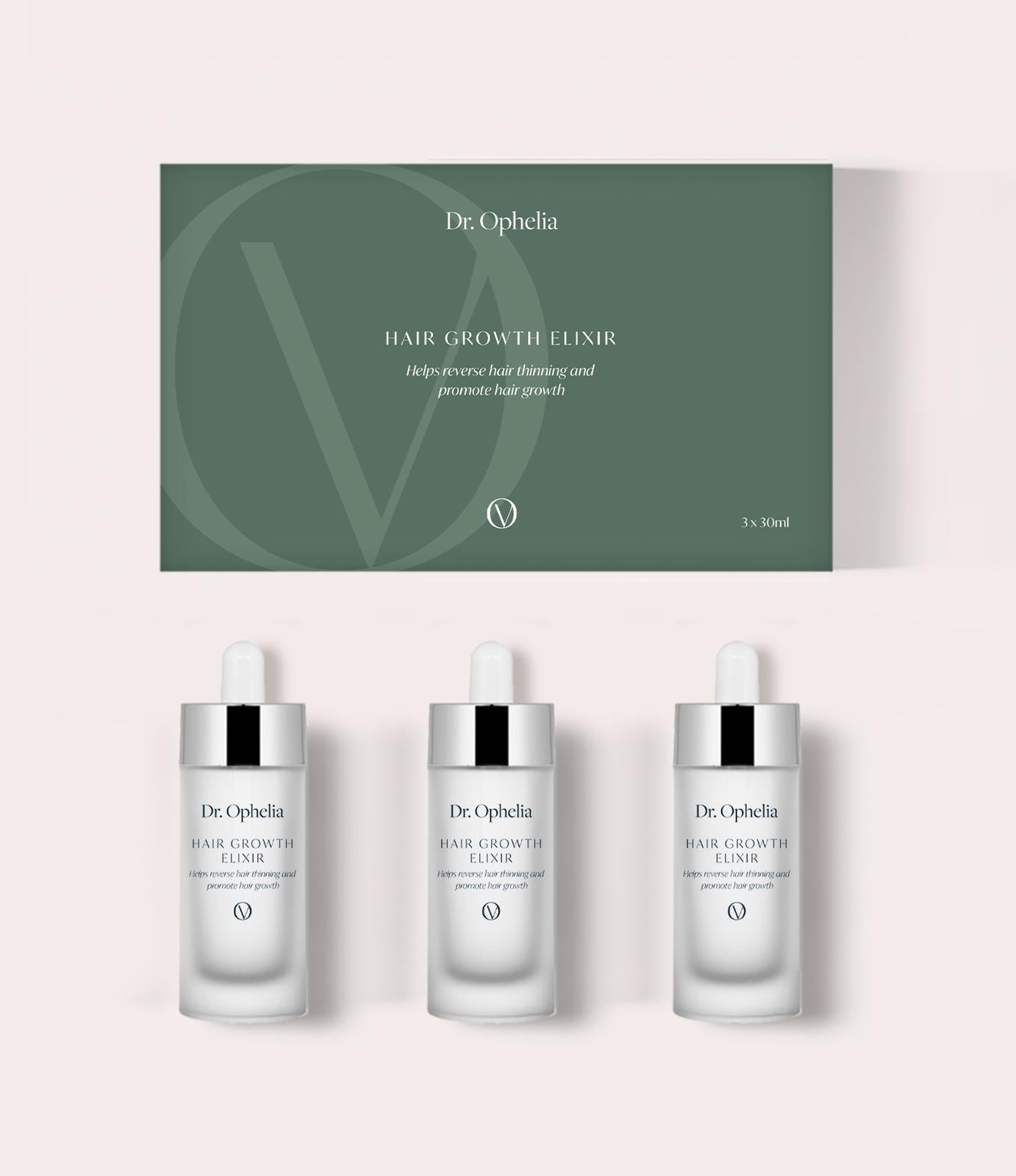
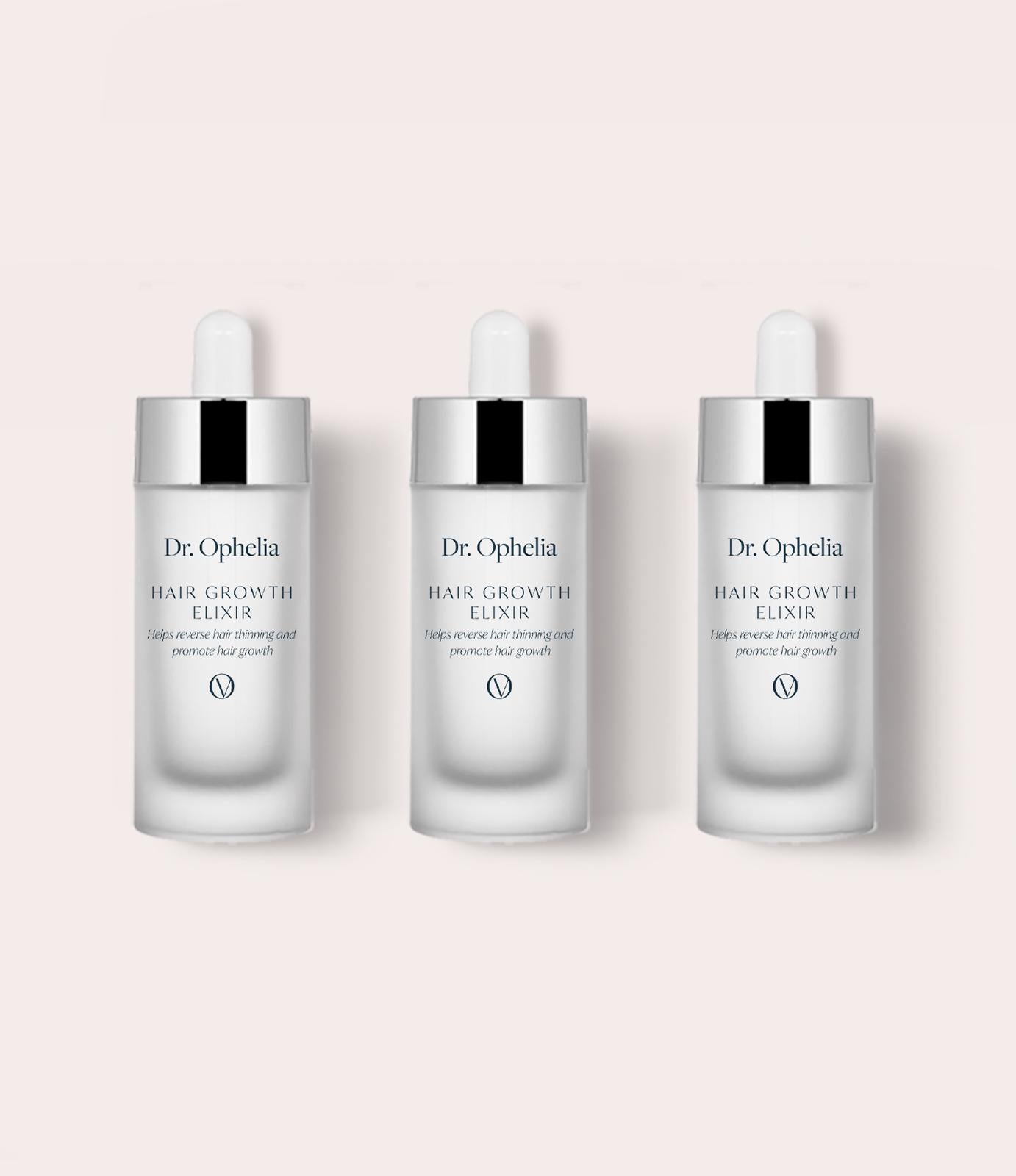
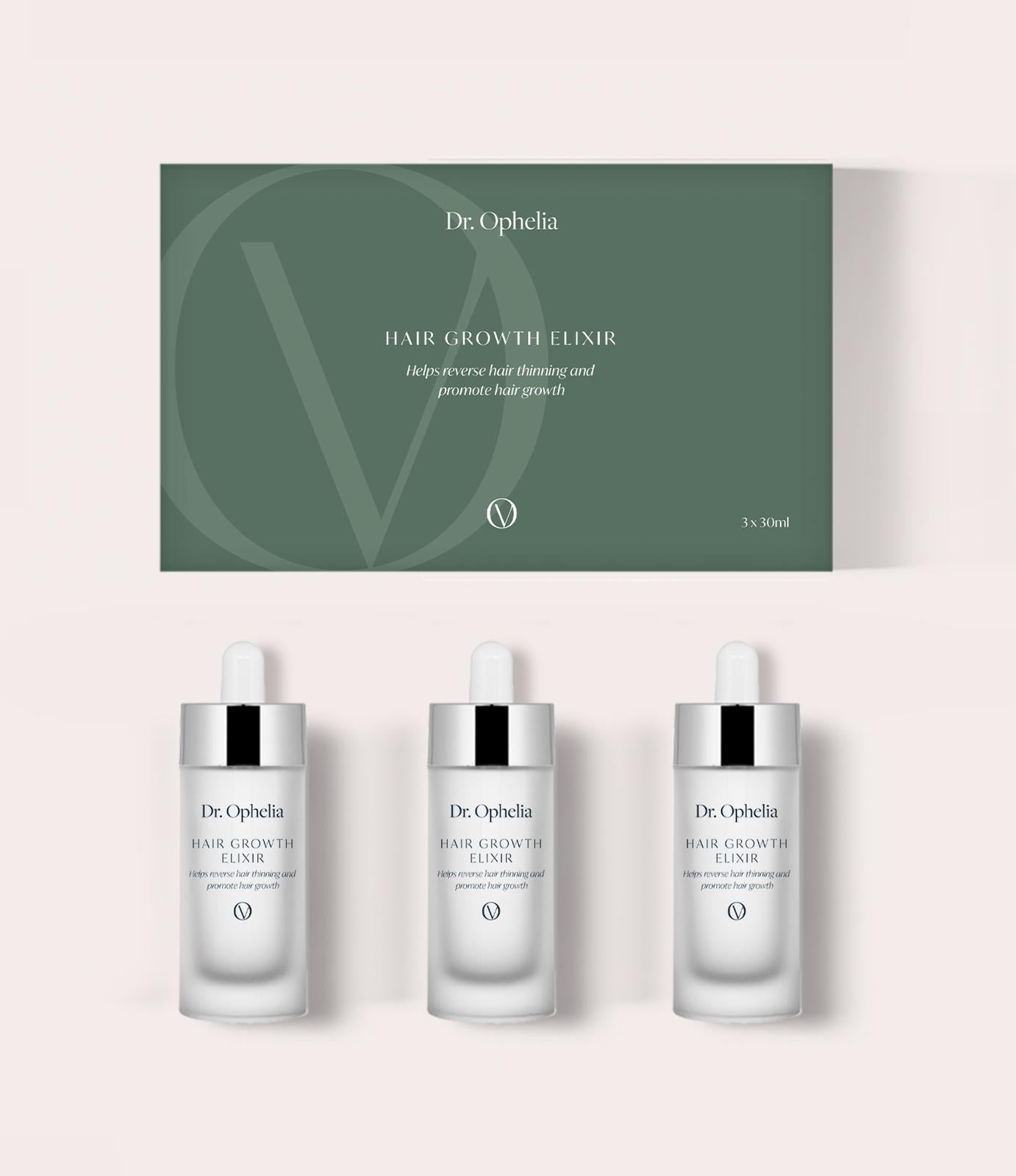
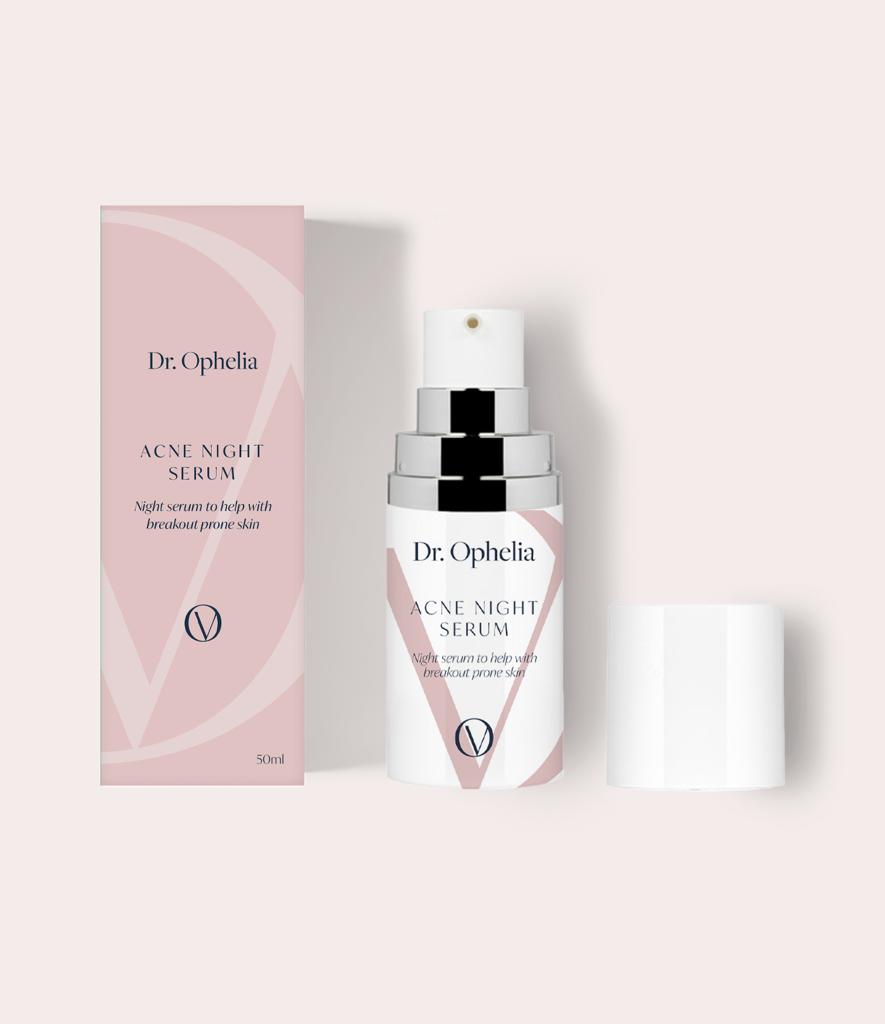
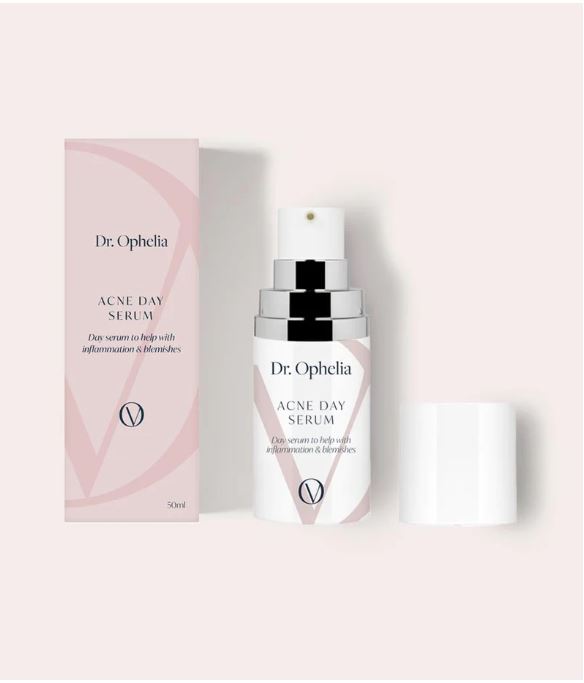
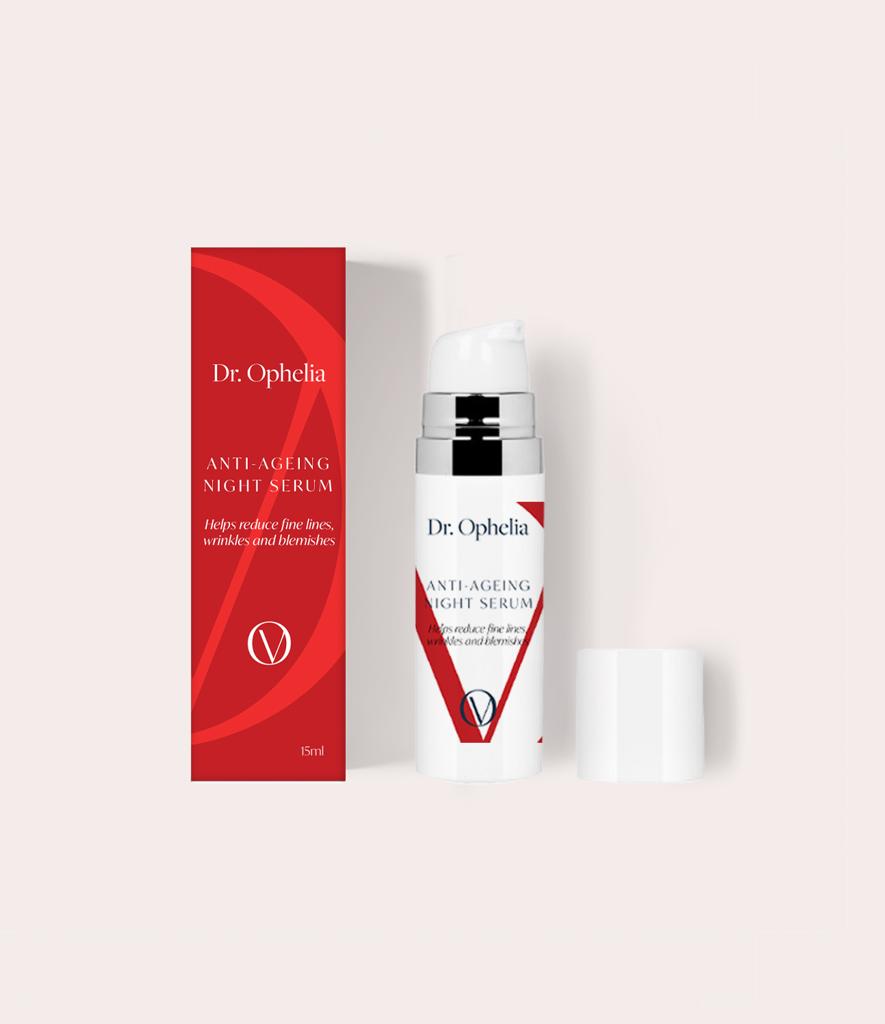
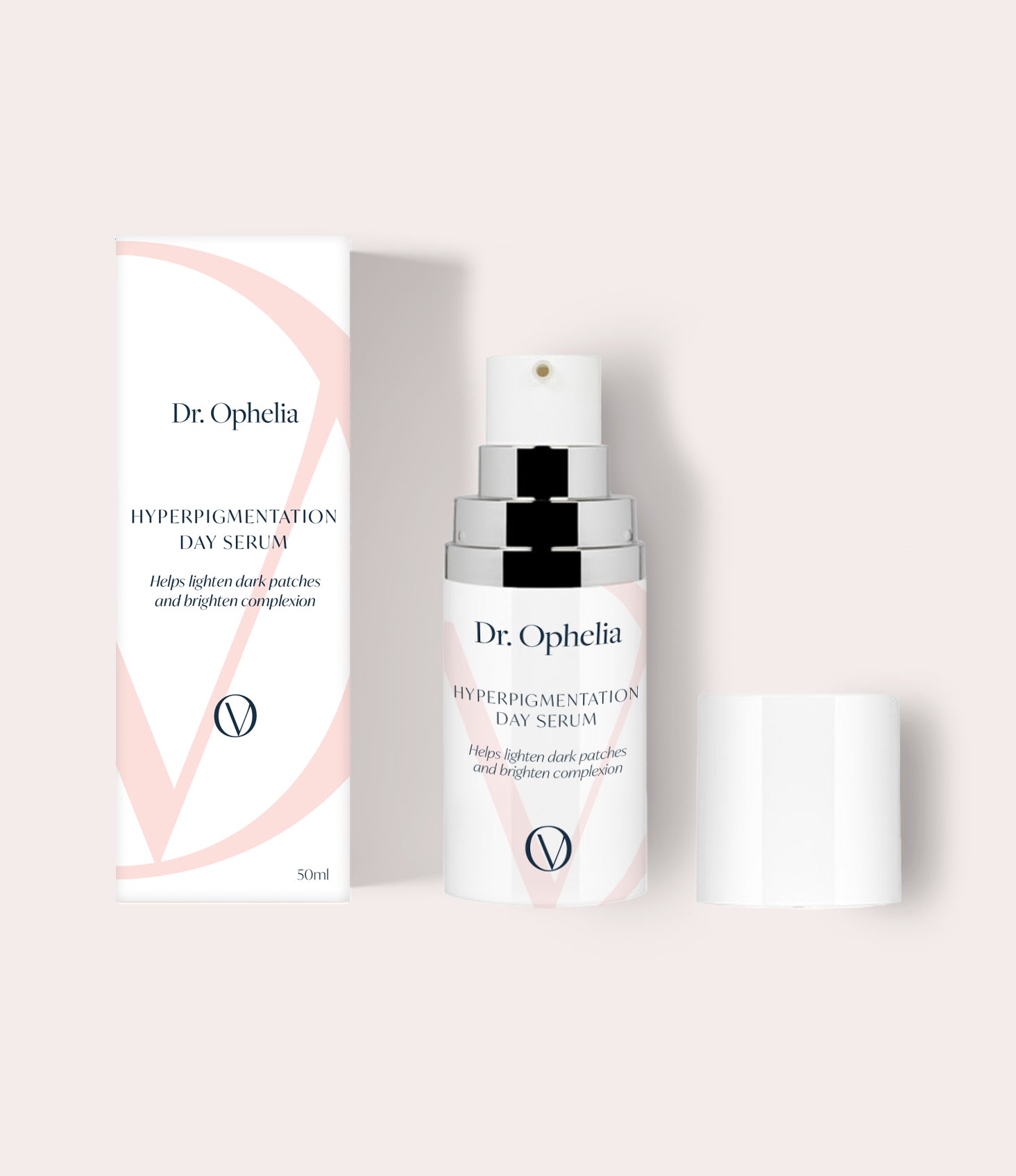
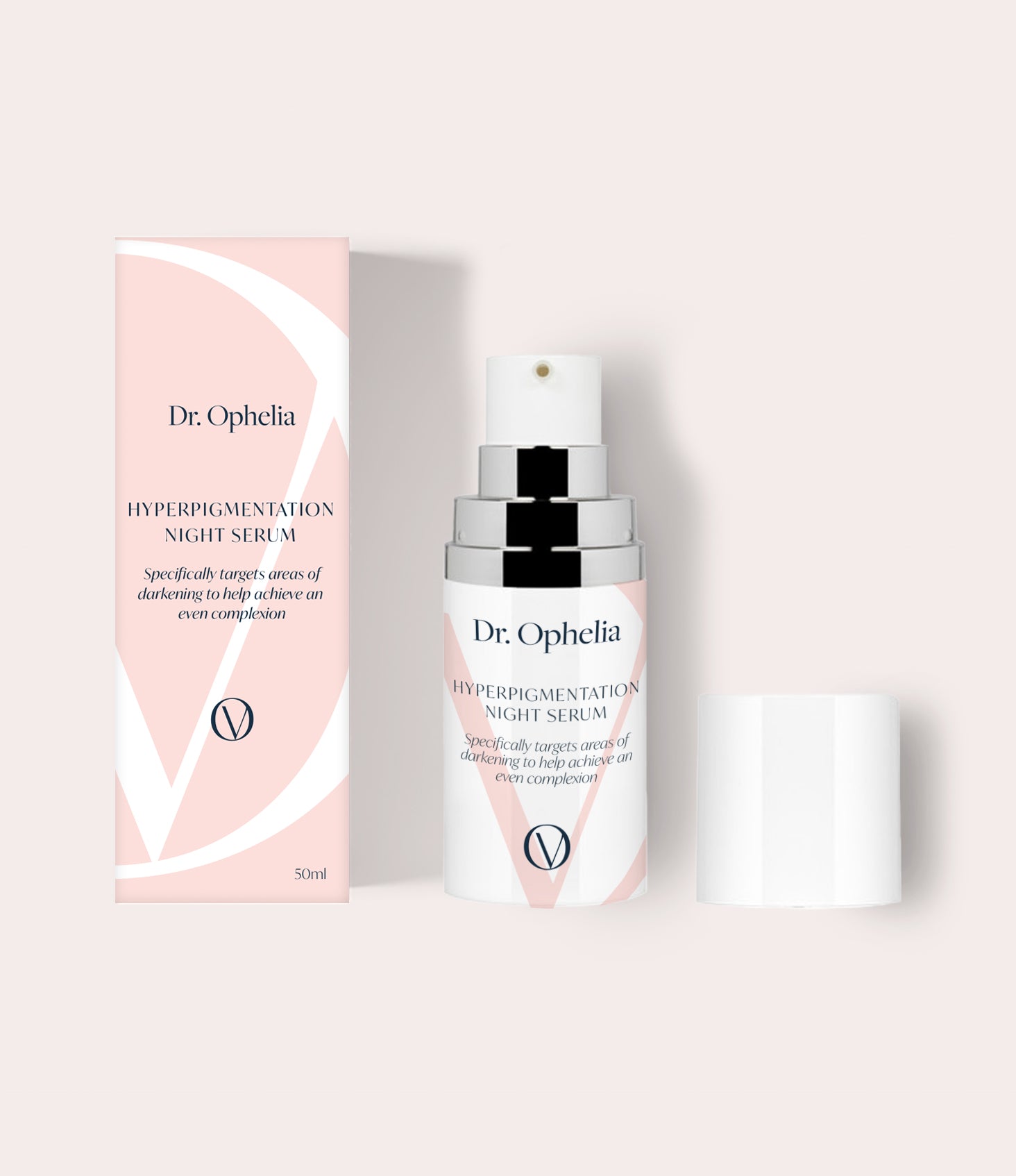
Leave a comment
This site is protected by hCaptcha and the hCaptcha Privacy Policy and Terms of Service apply.